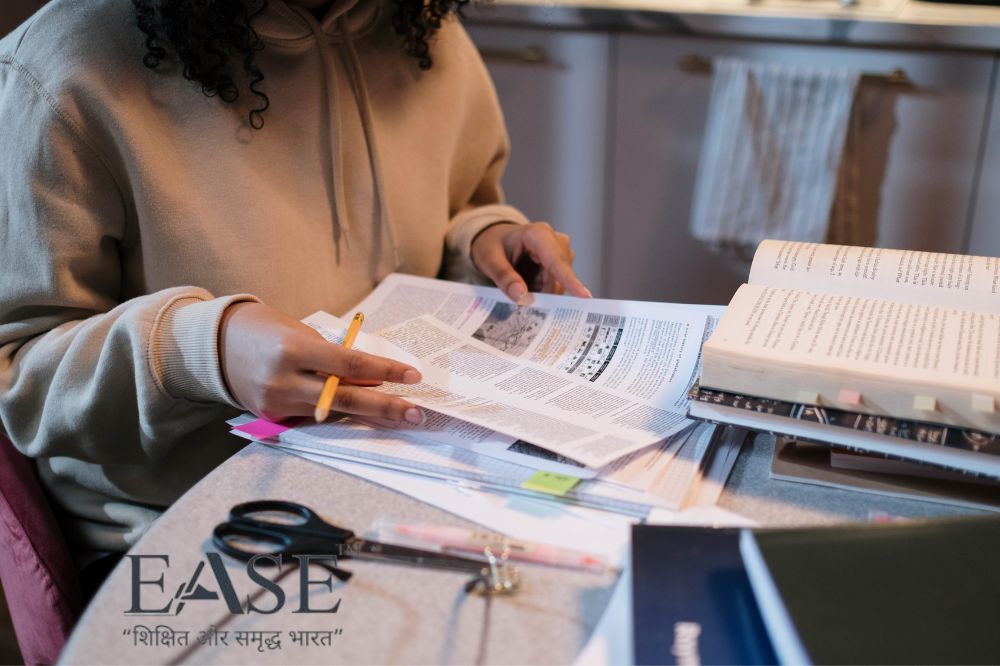When it comes to the toughest selection processes in the country, the UPSC interview (commonly known as the Civil Services Interview) is widely acknowledged as the most difficult interview in India. This stage of the UPSC Civil Services Examination tests more than just academic knowledge. It evaluates your personality, decision-making skills, and mental agility under intense pressure.
What Makes the UPSC Interview So Challenging?
The UPSC interview stands apart due to its unique emphasis on a candidate’s overall personality and suitability for a career in public service. Here are some key reasons why it’s widely considered the most difficult interview in India:
- Holistic Evaluation: Unlike typical job interviews that focus solely on technical skills, the UPSC interview scrutinizes every aspect of your character. From your communication style to your ethical values, every trait is under the microscope.
- Unpredictability: The interview panel can pose questions on virtually any topic, ranging from current affairs to personal experiences. This unpredictable nature forces you to think on your feet and demonstrate clarity under pressure.
- Multiple Rounds of Scrutiny: Even before the final interview, you have passed through several rigorous preliminary and main examination stages. The interview acts as the final barrier, where every response counts significantly.
- High Stakes: With only a few candidates being selected out of lakhs of aspirants, the pressure to perform consistently at an exceptionally high level is immense. Every answer you give has the potential to make or break your chances.
Essential Strategies to Tackle the UPSC Interview
Overcoming the challenges posed by the UPSC interview requires strategic preparation and a calm, focused mindset. Consider these tips to navigate through this high-stakes interview:
- In-Depth Self-Analysis: Reflect on your experiences, strengths, weaknesses, and motivations. Understand your unique story and be ready to articulate it clearly.
- Stay Abreast of Current Affairs: Being updated on national and international events is crucial. This not only helps you answer current affairs questions but also demonstrates your awareness of the world around you.
- Practice Simulated Interviews: Engage in mock interviews with mentors or peers. Regular practice helps reduce anxiety and refine your response strategies.
- Develop Critical Thinking: The interview panel often poses scenario-based and ethical dilemmas. Cultivate a habit of analyzing issues from multiple perspectives and your answers should reflect both empathy and rationality.
- Emphasize Your Unique Qualities: Remember, the UPSC interview is designed to find well-rounded candidates. Showcase leadership, integrity, and a commitment to public service in every response.
Read More Disadvantages of IB Board in India?
Frequently Asked Questions (FAQs)
Q1: Why is the UPSC interview considered the most difficult interview in India?
The UPSC interview is not just an assessment of academic knowledge. It is a rigorous personality test that evaluates your decision-making, stress management, communication skills, and overall suitability for a career in public service.
Q2: How can I best prepare for the unpredictable nature of the UPSC interview?
Preparation is key. Stay updated on current affairs, practice mock interviews, and invest time in self-assessment. The more you understand yourself and the world, the better you can handle unexpected questions.
Q3: Is it possible to succeed in the UPSC interview on the first attempt?
Yes, many have cleared the interview successfully on their first try. Consistent preparation, clarity of thought, and a calm demeanor can significantly boost your chances.
Q4: What kind of questions should I expect during the interview?
Questions can range from personal experiences and ethical dilemmas to contemporary issues and situational challenges. The panel looks for answers that reflect critical thinking, integrity, and a balanced perspective.
Q5: Can personality development courses help in preparing for the UPSC interview?
Absolutely. Courses that focus on communication, critical thinking, and stress management can be very beneficial in polishing the qualities assessed during the interview.
Read More What is CUET?
Final Thoughts:
The UPSC interview is more than just a test—it’s a comprehensive evaluation of a candidate’s readiness to serve the nation. While it is widely regarded as the most difficult interview in India, facing it head-on with the right preparation and mindset can turn this challenge into a defining milestone in your career. Embrace the process, learn from every experience, and let your journey to becoming a civil servant be marked by resilience and determination.

